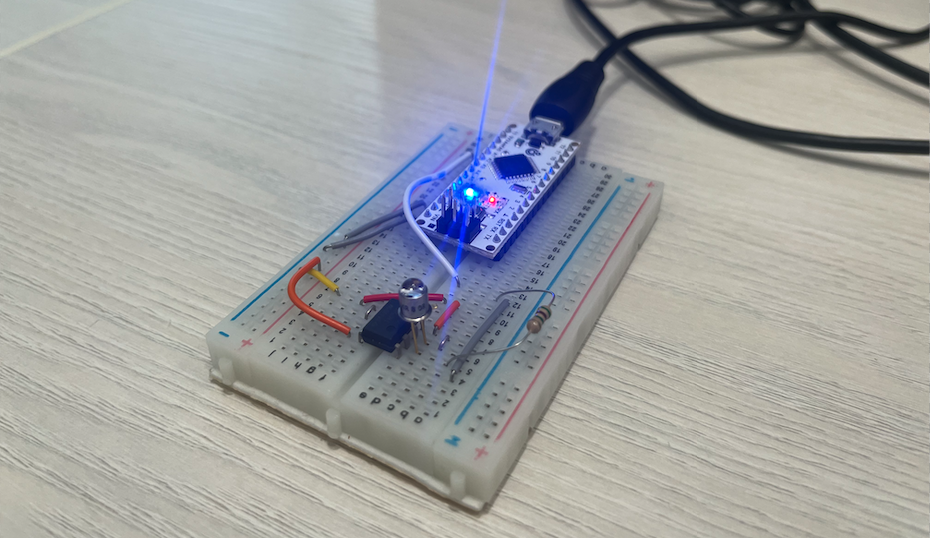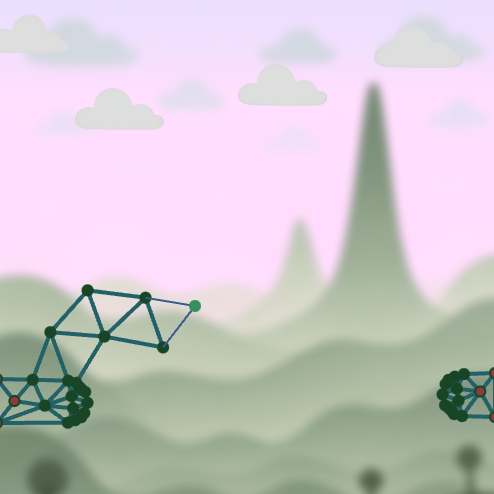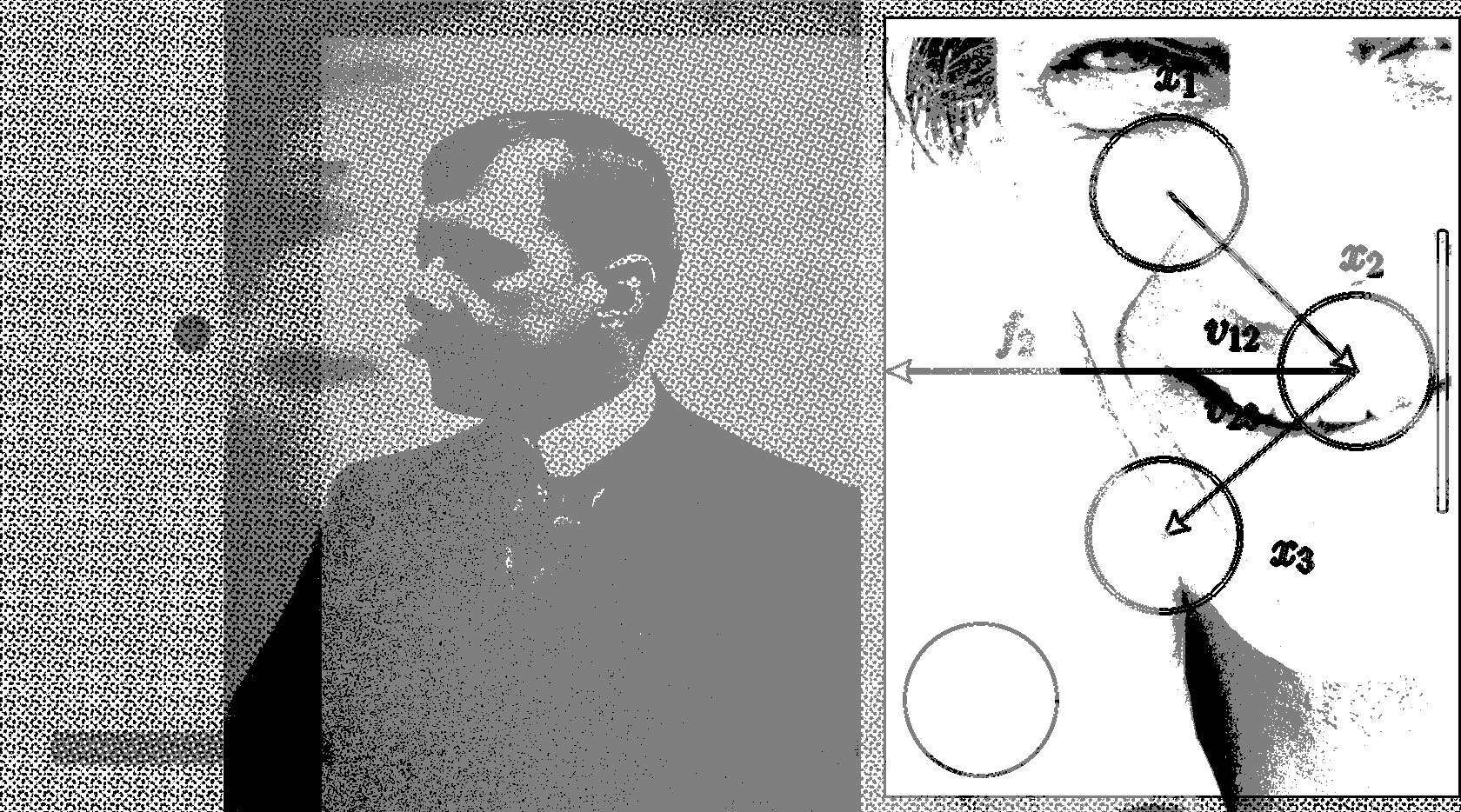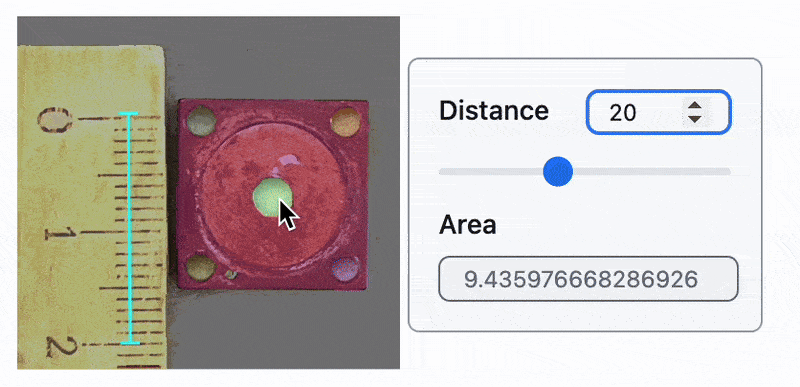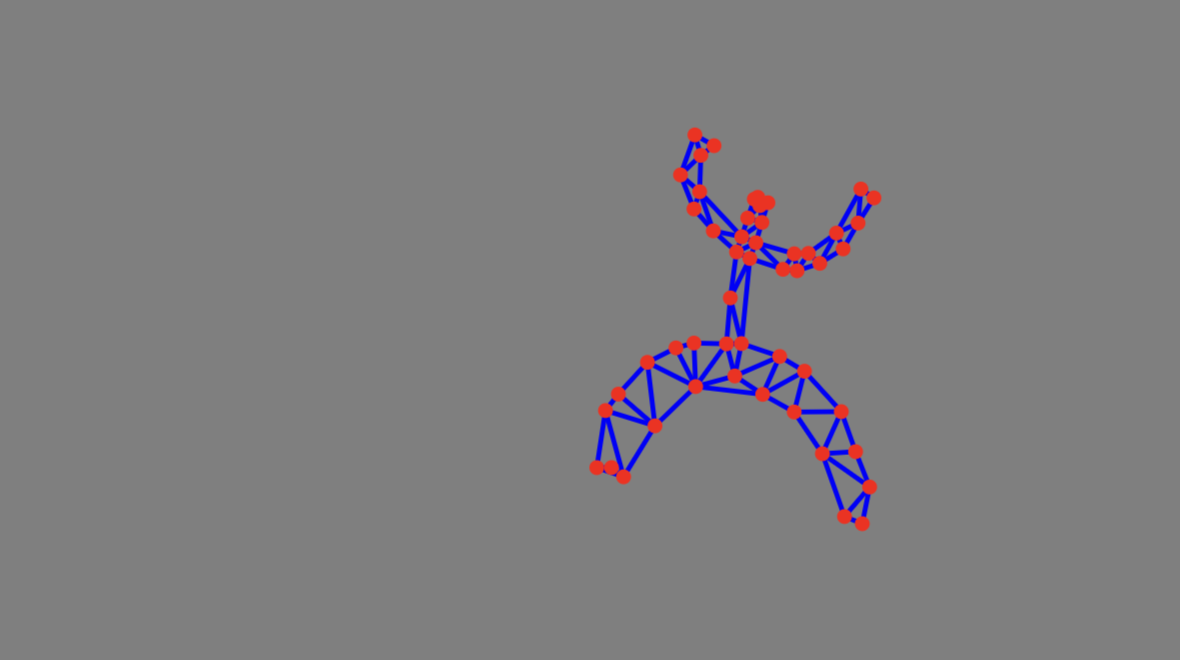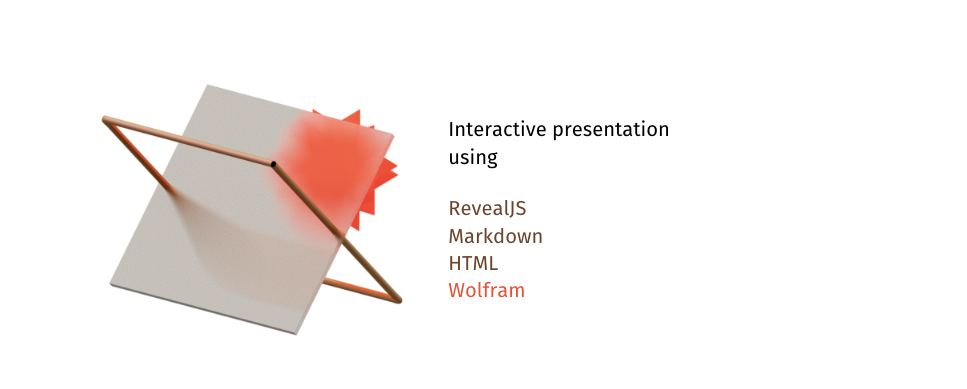It is common in time-domain spectroscopy to observe copies of the initial system response due to impedance mismatch. If deconvolution is not possible using slab-like models, then we have to smoothly suppress them to avoid artifacts in further processing.
We perform a 'surgery' by applying an envelope function to the signal to suppress echoes, which cause oscillations in the frequency domain:
